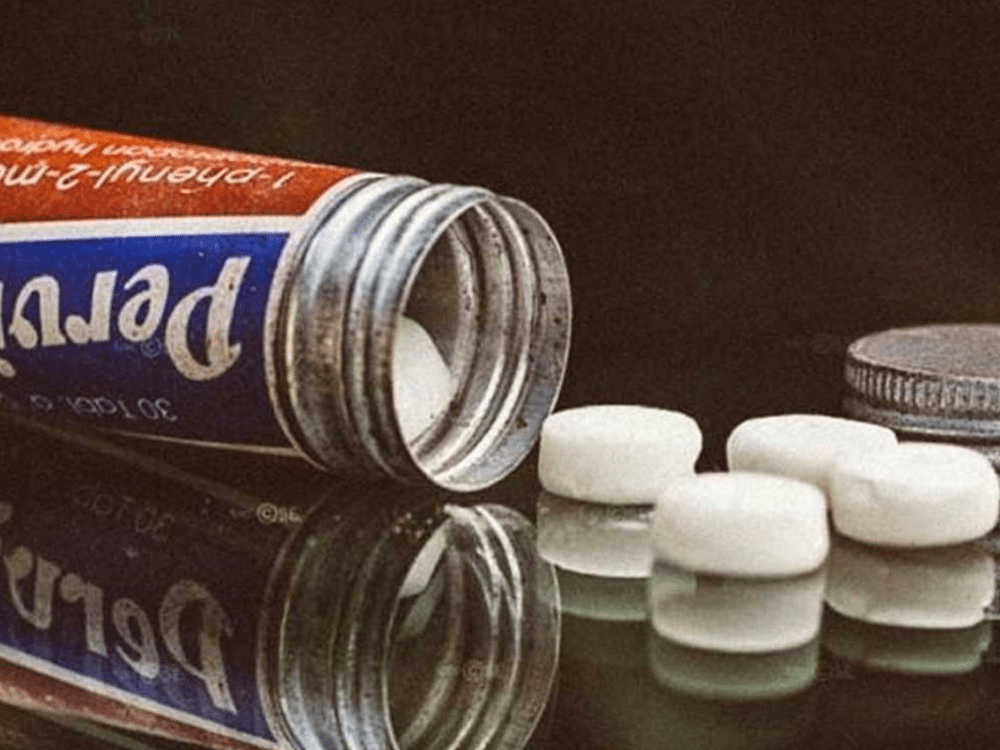
Drug Use During Battle – Stories of soldiers who used drugs to fight battles
Today is Remembrance Day. It is a time when we pay respect to those who fought and died for our freedoms. We look back on the horrors of past wars in awe of the courage and perseverance of each soldier. Surviving in such extreme circumstances seems almost impossible … No wonder drugs have made it onto the battlefield. The history and stories of drug use during combat should never be lost to history. In most cases, the substances were issued by the army. On this Memorial Day, we take a deeper look at the history and stories behind drug use during the battle.
Smoking weed in Vietnam
The Vietnam conflict was the longest war in the United States alongside the Iraq war. Many civilians were drafted and eventually fought when they did not want to. Although drug use was not sanctioned by the military, it was widespread among all deployed armed forces. Although it was discouraged, cannabis use was particularly popular; to the point where soldiers used their guns to smoke weed. Anyone caught using cannabis was punished with extrajudicial penalties.
According to one study, the proportion of troops who had used marijuana peaked at 34% from 1967 to 1971 before stabilizing at 18%, while the number of troops who had used cannabis before it was around 8% stayed.
Russo-Japanese War Interesting story of drug use during the battle
The Russo-Japanese War lasted from 1904 to 1905 and was considered lost because of vodka. The Russian army had drafted the majority of its soldiers, who responded by getting drunk on the battlefield. The Russians expected a quick victory but suffered an embarrassing defeat thanks to widespread drunkenness. According to a Russian newspaper: “The Japanese found several thousand Russian soldiers so drunk that they could lock them with a bayonet like so many pigs.”

Japanese soldiers encounter a Russian soldier during the Russo-Japanese War – 1904
Gin and Tonic
Did you know that the classic cocktail “Gin Tonic” has a military history of origin? In the 17th century the Spaniards got to know the natural medicine of the cinchona tree. Quecha tribesmen grind the bark to stop feverish chills and tremors. Until 1869, companies made soda water and added the bark to make tonic water. This combination was the ideal choice for colonizing troops in foreign countries. The active ingredient of the cinchona tree is quinine, which can be used to prevent malaria. For a soldier, a gin and tonic was a dose of liquid courage with the added benefit of malaria protection.
Don’t light three smokers with one match
Tobacco has always been a part of a soldier’s ration because it is considered a moral booster. However, smoking cigarettes can result in death on the battlefield. There is an old saying from World War I: “Don’t light three smokers with one match”. The superstition about the “third man” in the game was essentially about accuracy. The belief was that when the first soldier lit the match to light the first smoke, the enemy would see it. Lighting the second smoke would give the enemy sniper time to aim and the third would give him time to fire.
Soldiers handle tobacco a little differently today. Most will not even risk lighting a match and using chewing tobacco instead.

No “third man” in this match! “A wounded Canadian enjoys a cigarette on his way out of the captured Boche trenches. August 1917. “
Credit: Canada. Dept. of National Defense / Library and Archives Canada / PA-001719.
mushrooms
Have you ever heard the expression ‘berserk’? Did you know that these are Viking warriors fighting with mushrooms?

Before going into battle, Vikings known as berserkers ate hallucinogenic mushrooms. Amanita Muscaria mushrooms grow naturally in the areas that the Vikings once roamed. These mushrooms are known to increase energy levels, stamina, and cause hallucinations. For a Viking berserk, mushrooms would not only help with head space before the fight, but also increase physical performance. An ax-wielding Viking who nibbles hard on mushrooms … Imagine you are on a battlefield and you see it coming!
Aimo Allan Koivunen’s story of survival with drug use during battle
Aimo was a Finnish soldier during World War 2. He was assigned to a ski patrol unit and had the task of securing the methamphetamine issued by the army for the group. Three days after the mission began, the unit was attacked by Soviet soldiers, but Aimo Koivunen managed to escape. He knew he had to ski for a long time to survive, but he didn’t have the energy. Trying to shake out a single tablet, he emptied the bottle in the palm of his hand and decided to take them all.
According to Aimo Koivunen, he had quick bursts of energy but fell into a state of delirium. He remembered waking up the next morning all alone in the wilderness with no supplies. For a week he ate pine buds and managed to escape the Soviet forces. He caught a single bird and ate it raw. He skied over 400 km to get to safety. When he was found and taken to a hospital, his heart rate was measured to be 200 beats per minute and he weighed under 95 pounds. Aimo Koivunen made a full recovery and was 71 years old. He survived the first documented methamphetamine overdose during the war.

These stories of drug use during battle give us a glimpse into the tough lives of soldiers. On behalf of everyone here on the Cannabis Life Network, we would like to extend our sincere gratitude and deep respect to all men and women, past and present. Your sacrifice will always be valued and never forgotten. Thank you for fighting for our freedom.
Footnote (s)
https://time.com/6082058/russian-revolution-vodka/
https://www.vimyfoundation.ca/slang-of-the-first-world-war-the-third-man/
https://slate.com/technology/2013/08/gin-and-tonic-kept-the-british-empire-healthy-the-drinks-quinine-powder-was-vital-for-stopping-the-spread- from-malaria.html
https://books.google.ca/books?id=Gk-XSoU3A-0C&pg=PA23&redir_esc=y#v=onepage&q&f=false
https://wayofleaf.com/blog/marijuana-during-the-vietnam-war

Post a comment: